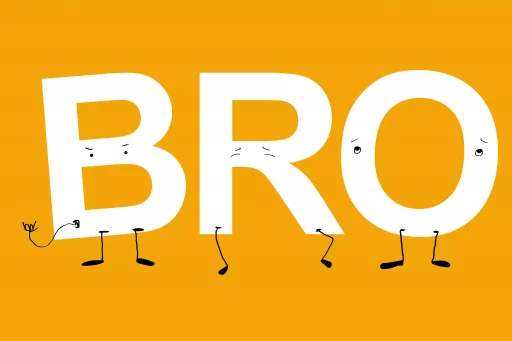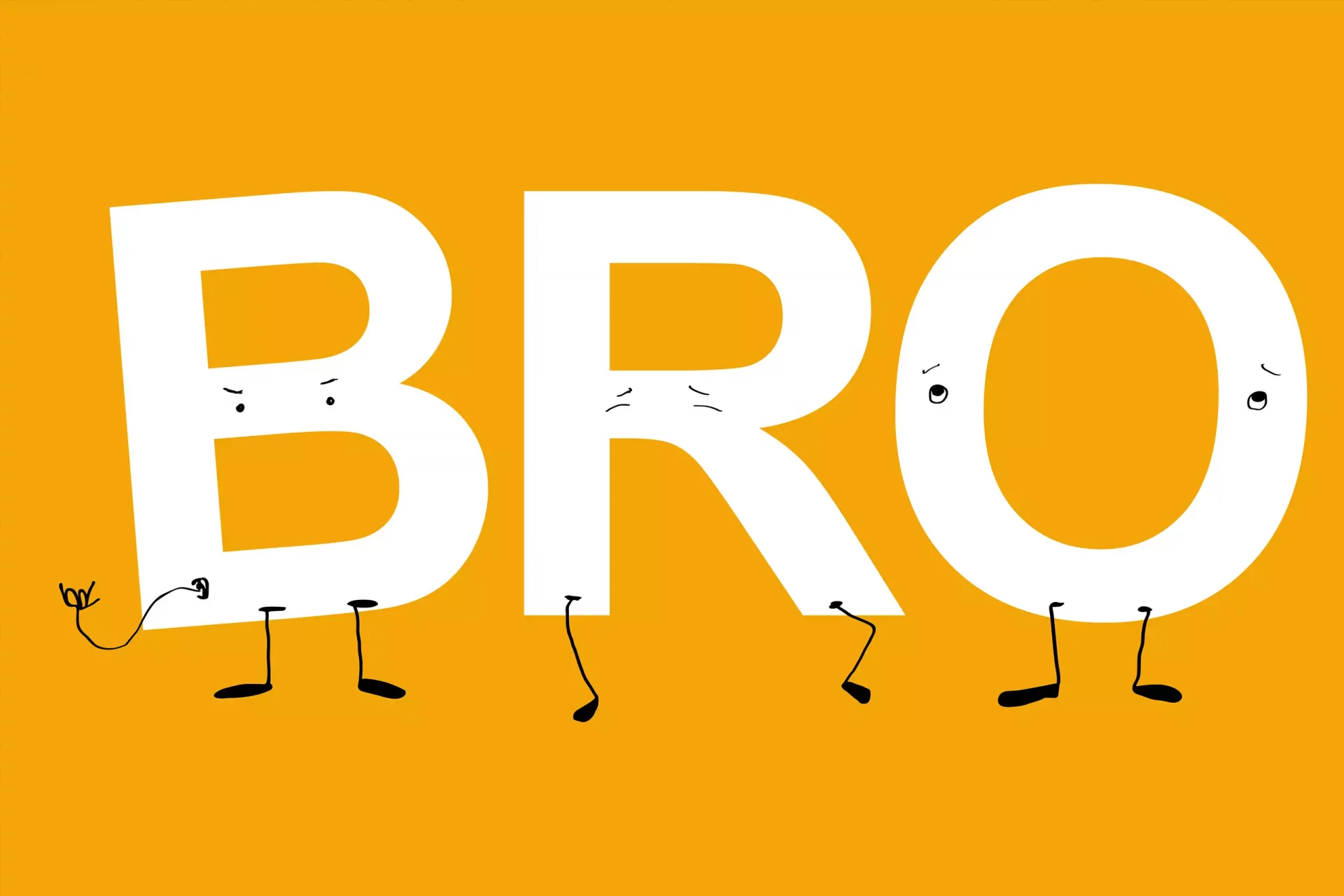Introduction
The term “dish” has a variety of meanings and uses in today’s vernacular, especially among younger generations. One prominent source for slang definitions is Urban Dictionary, which provides insights into cultural vernacular and evolving language trends. This article will delve into the meanings of “dish,” review examples from Urban Dictionary, and explore how its usage has permeated pop culture.
What Does ‘Dish’ Mean?
In Urban Dictionary, the term “dish” can have multiple interpretations. Primarily, it can refer to:
- A plate or vessel used for serving food. (Traditional Definition)
- An attractive person, often used in slang to denote someone whose physical appearance is particularly appealing.
- To gossip or share juicy information about someone or something.
- To criticize or make negative comments about someone.
These diverse meanings reflect how language evolves within different contexts.
The Attractiveness Definition
One of the most popular uses of “dish” is to describe someone who is good-looking. For example, in a sentence like, “Did you see that new guy in chemistry? He’s such a dish!” the speaker is complimenting the person’s appearance. This definition can often be accompanied by similar terms such as “hottie” or “babe.” This usage is prevalent in dating contexts, especially within social media and dating apps.
Gossiping: To Dish the Dirt
Another influential meaning of “dish” revolves around gossip. Terms like “to dish the dirt” indicate the act of sharing secrets or scandalous information. For example, if someone says, “Let’s dish about the drama at work!” they are inviting a conversation about ongoing gossip. This colloquialism is particularly favored in casual conversations and social settings.
Examples from Urban Dictionary
Urban Dictionary showcases a range of interpretations and real-life instances that highlight the versatility of the term. Here are a few examples:
- Dish (attractive person): “She walked into the room like a dish everyone wanted to talk to.”
- Dish (to gossip): “Come on, dish it out! What happened at the party last night?”
- Dish (criticism): “You always dish hateful comments, can’t you be kind for once?”
These examples illustrate the term’s nuance across various interactions.
Pop Culture Influence
The term “dish” has also gained traction in pop culture. It appears in the lyrics of popular songs, TV shows, and movies. For instance, in the MTV series “The Hills,” characters frequently used the word when discussing their social lives. As such, it has gained a foothold in youth slang.
Case Studies: The Evolution of ‘Dish’
To better understand how “dish” has evolved, consider the context surrounding its use in various media:
- Social Media: Platforms like Twitter and Instagram amplify the use of the term, especially among influencers. Posts describing someone’s looks or gossiping about a celebrity’s breakup are common.
- Television and Film: In the teen drama genre, characters often refer to each other as “dishes” or engage in gossip, reinforcing the slang’s popularity.
- Marketing and Advertising: Brands targeting younger demographics utilize the term to resonate with trends, often referencing good looks or lifestyle choices.
These case studies show how language adapts across different fields and influences cultural perceptions.
Statistics on Slang Usage
A study by the Oxford English Dictionary found that around 70% of younger people use slang terms daily. Furthermore, 35% of those surveyed reported using slang primarily derived from social media sources. Given this, terms like “dish” are likely to continue evolving and gaining new meanings.
Conclusion
The word “dish” in urban vocabulary has evolved, significantly expanding its meanings. Whether it’s used to describe an attractive person, gossip about interesting events, or throw shade, the versatility of “dish” mirrors the complexities and playfulness of modern language. Keeping an eye on such developments is crucial, as they reflect the web of connections within contemporary culture.






